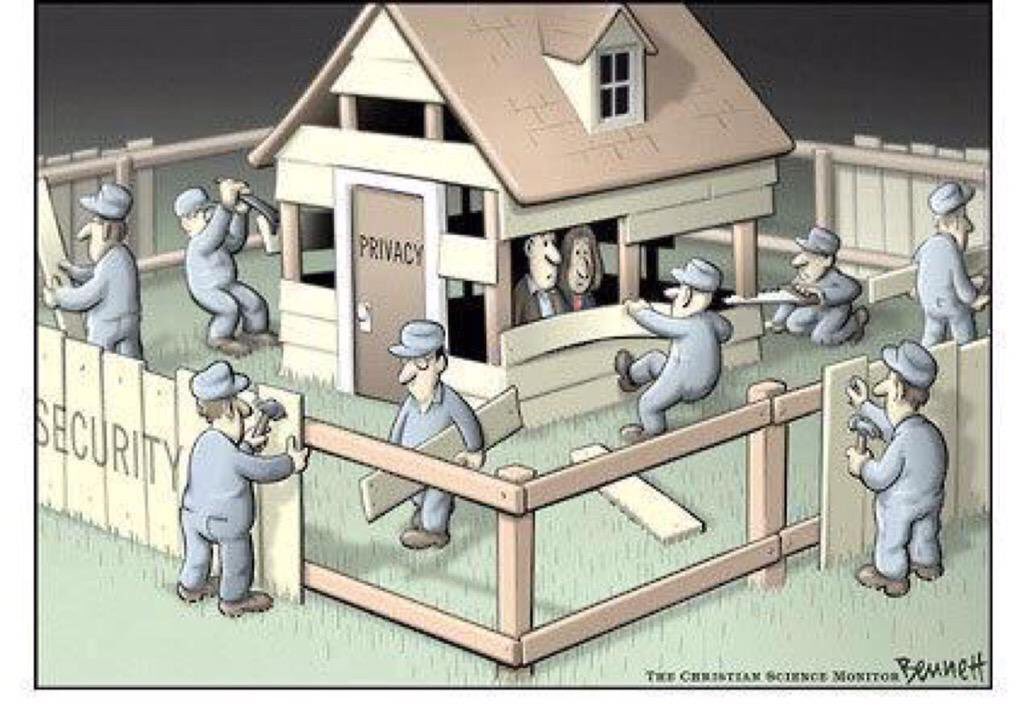The draft #IPBill or more conventionally the draft of the upcoming Investigatory Powers Bill. And some random thoughts on it …

First of all this is not really anything new, as this bill wraps up and modifies existing legislation regarding legal "snooping" in the UK. Whilst it is sensible to pull in multiple existing bills and incorporate the powers in just one place, it makes it a lot harder to see what is new. There could well be new draconian powers in this draft bill; in fact there probably are, but it is hard to see just what is new.
And there are few people I would rather trust less in drafting such a bill than Theresa May.
It is worth noting that the most draconian powers under this bill are not new; in fact once we analyse it properly it may be that there is very little that is really new.
Oh! And just to state the obvious: Ignore the spin at the beginning; it's the easiest section to read, but may be somewhat deceptive (either deliberately or because it over-simplifies matters).
There are new protections against abuse in this draft bill – specifically the Judicidial Commissioners who will sign off on warrents if they feel they are justified. However how much protection does a current or former High Court judge offer? Well one that co-operates with the government by reflex isn't going to be much help. We need one that is suspicious of government and protective of individual rights.
And there's an escape clause – an "urgent" warrent can be approved without a JC, although it only lasts for five working days rather than six months. Of course the JC gets to approve it (or deny it) after the fact, but this turns this protection into a fig-leaf. And of course the "national security notices" have no oversight before they are issued.
The other thing that occurs to me: What is the difference between a public telecommunications provider and a private telecommunications provider? I dare say that most people won't know when they connect to a network which they're on. And there are different provisions depending on whether the network is public or private – as an example it would be legal for a private telecommunications provider to intercept.
The purpose behind the #IPBill is supposedly to combat serious crime and to defend the "national interest" in security matters, but some of the provisions allow for economic considerations to be taken into account. So the government plans to sell our communications data to interested parties? Perhaps that's not what they intend, but it doesn't look like there's anything to stop them.
It is interesting to note that local authorities are specifically excluded from certain provisions – they of course are well known for taking previous instruments, and using them for purposes other that what was intended.
MP's have extra protection under this bill, and people are somewhat cynical about the reasons for this – perhaps thinking it's to protect Theresa May's porn browsing habits (Ew! I think I just threw up in my mouth just a bit). Actually, in theory it's not entirely unreasonable when you think of it as a measure to protect the privacy of the MP's constituents who may be discussing privileged information with their MP.
Of course that very quickly dies a death when you look closer at the list of MP's that are protected – all the MP's from the national parliaments, plus MEPs from UK constituents. If you raise a matter with your MEP, she may very well suggest speaking to another MEP – such as the MEP from from somewhere other than the UK if they happen to be the rapporteur (yes Dave, I finally remembered) for a particularly specialised subject area.
There is a fair amount of wordage within the bill dedicated to keeping warrents and retention notices secret – disclose such the existence of such things and you're looking at gaol time. I can see the argument for why such notices should be secret – for a certain duration, but they should be made public eventually so that their use can be judged in the court of public opinion.
Undoubtedly I'll think of additional points to make as I get further into the bill …